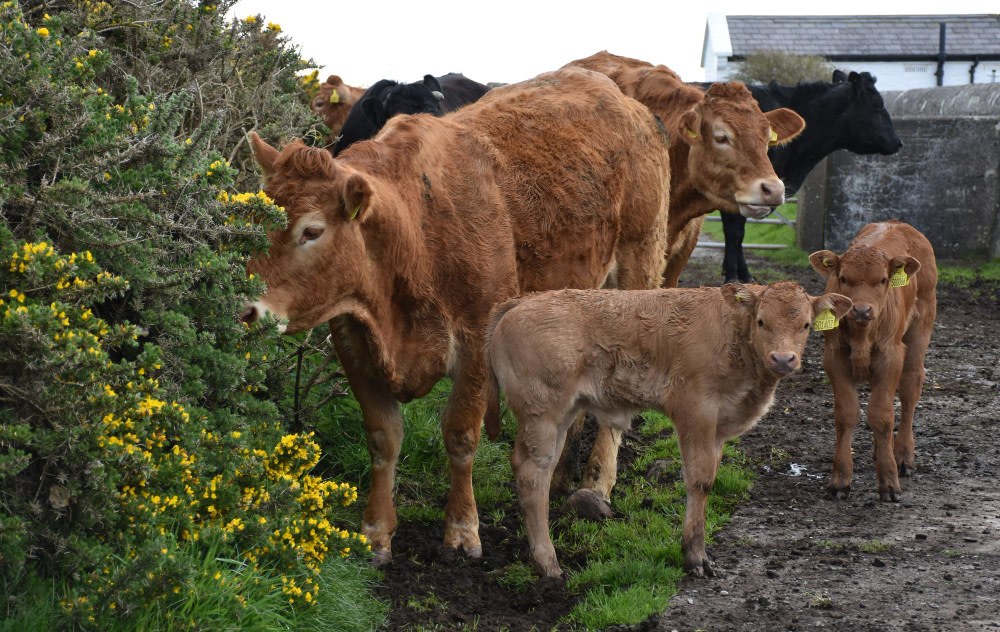Can Daffodil Diets Combat Climate Change in Livestock?

Daffodils, widely recognised as a symbol of Wales, may hold the key to mitigating climate change.
Scientists have embarked on an innovative endeavour to explore the potential of using Wales' national flower to curb the level of methane produced by livestock.
Methane, the second-most prevalent greenhouse gas after CO2, is emitted by ruminant animals like cows and sheep through their digestive processes.
A recent breakthrough suggests that a chemical derived from daffodils can effectively reduce methane production by a remarkable one-third when incorporated into the diet of cows. According to BBC's Countryfile, cows alone contribute to half of the methane emissions in the UK and account for 14% of global greenhouse gases.
Researchers from Scotland's Rural College have successfully isolated a compound called haemanthamine from daffodils. In laboratory experiments utilising an artificial cow's stomach, the introduction of this compound resulted in a significant 30% reduction in emissions. The substance is currently undergoing testing at several farms, including one that Andrew Evans owns in Welshpool, Powys.
Evans expressed his enthusiasm, noting the significance of using the national flower of Wales for such an innovative trial. "I think this is doing our bit—being part of a trial that could potentially mitigate the impacts of methane in the environment," he remarked.
Abi Reader, deputy president of the farming union NFU Cymru, emphasised the potential of the trial but underscored the importance of a thorough assessment process. Farmers are keen to explore alternative methods for reducing methane emissions, but safety, cost-effectiveness, and efficacy must be carefully considered.
As scientists continue their investigations into the daffodil-based solution, the prospects of leveraging this natural resource to combat livestock emissions are filled with promise. With the potential to reshape the agricultural industry's impact on the environment, daffodils could hold the key to a greener future.
Source: BBC

